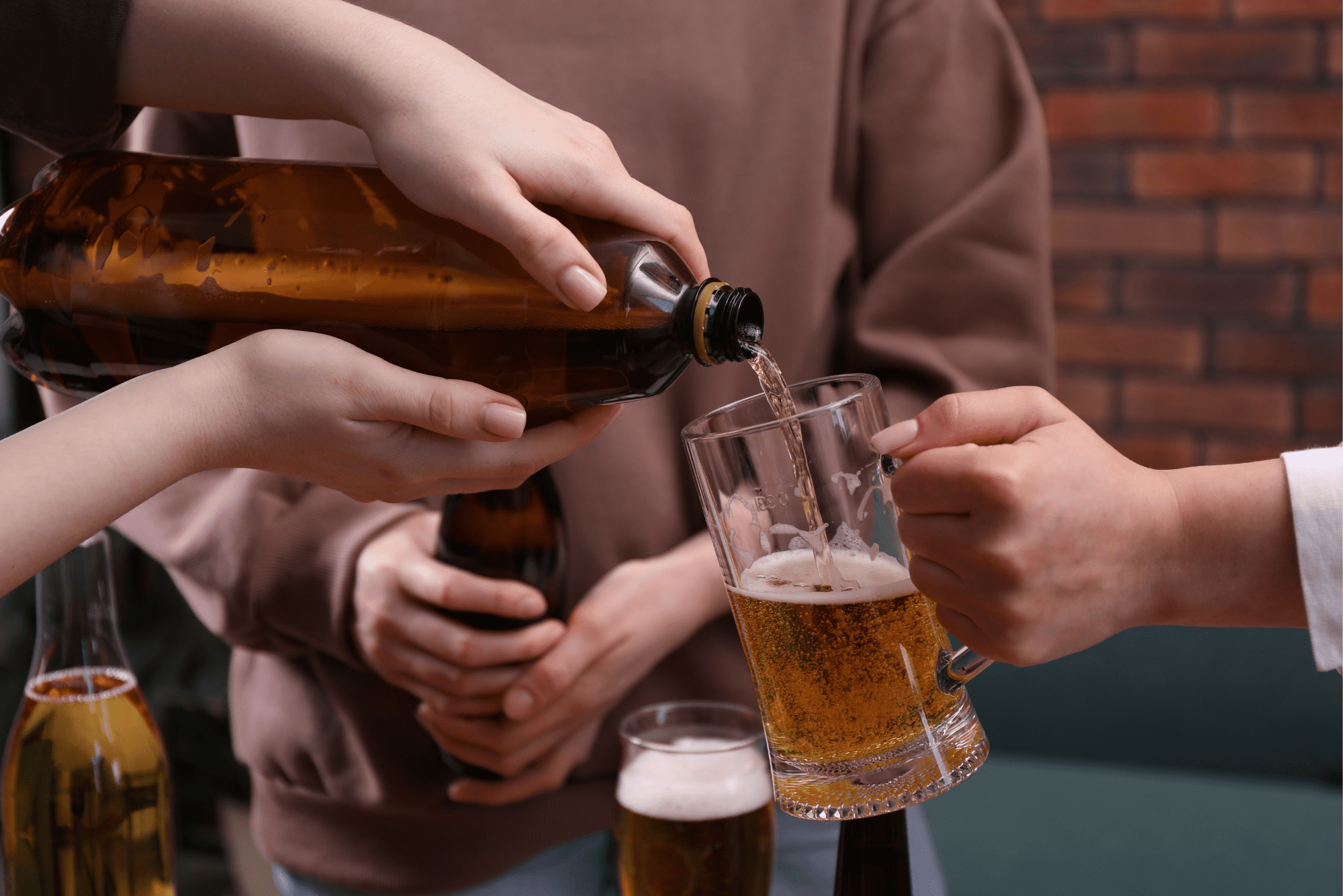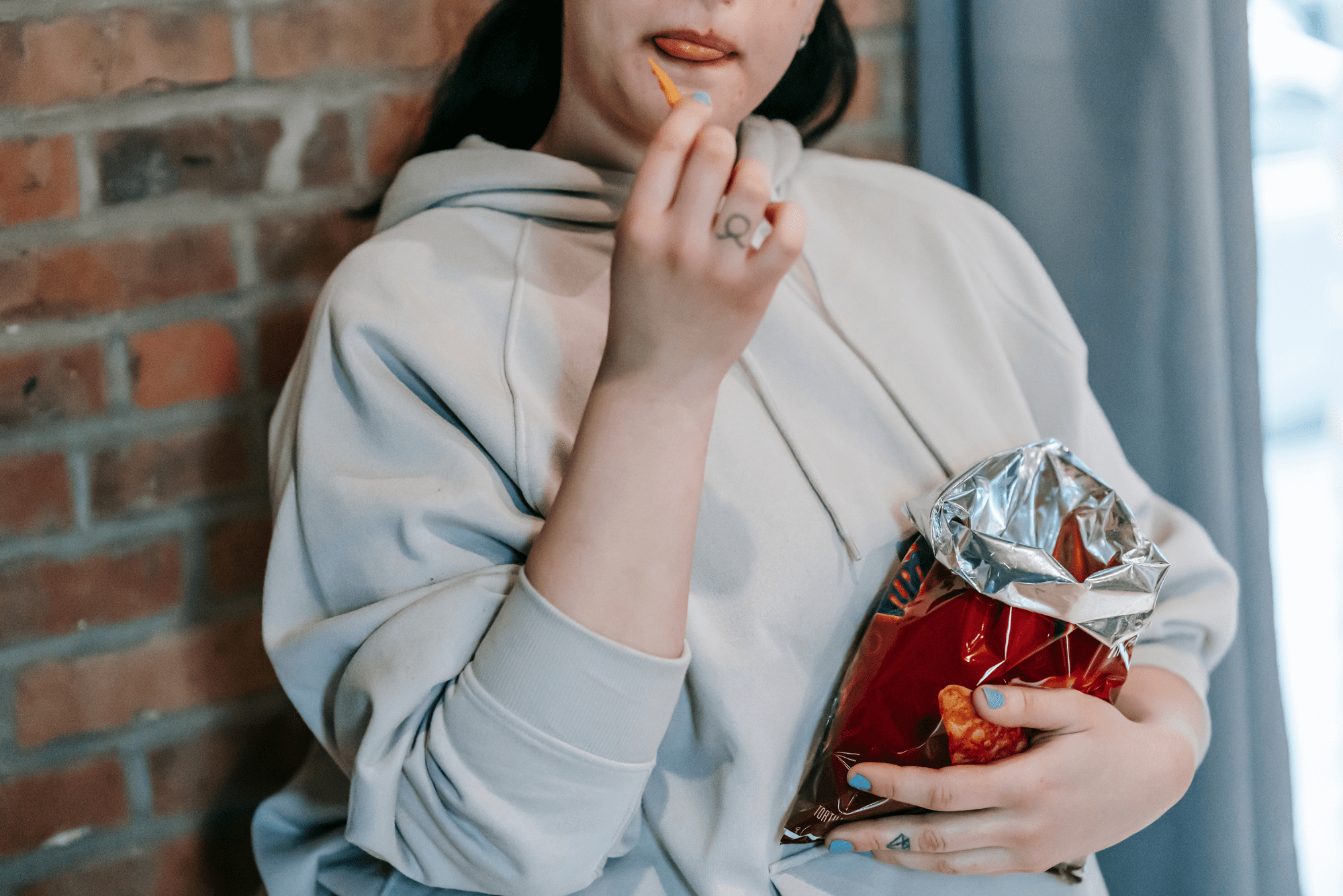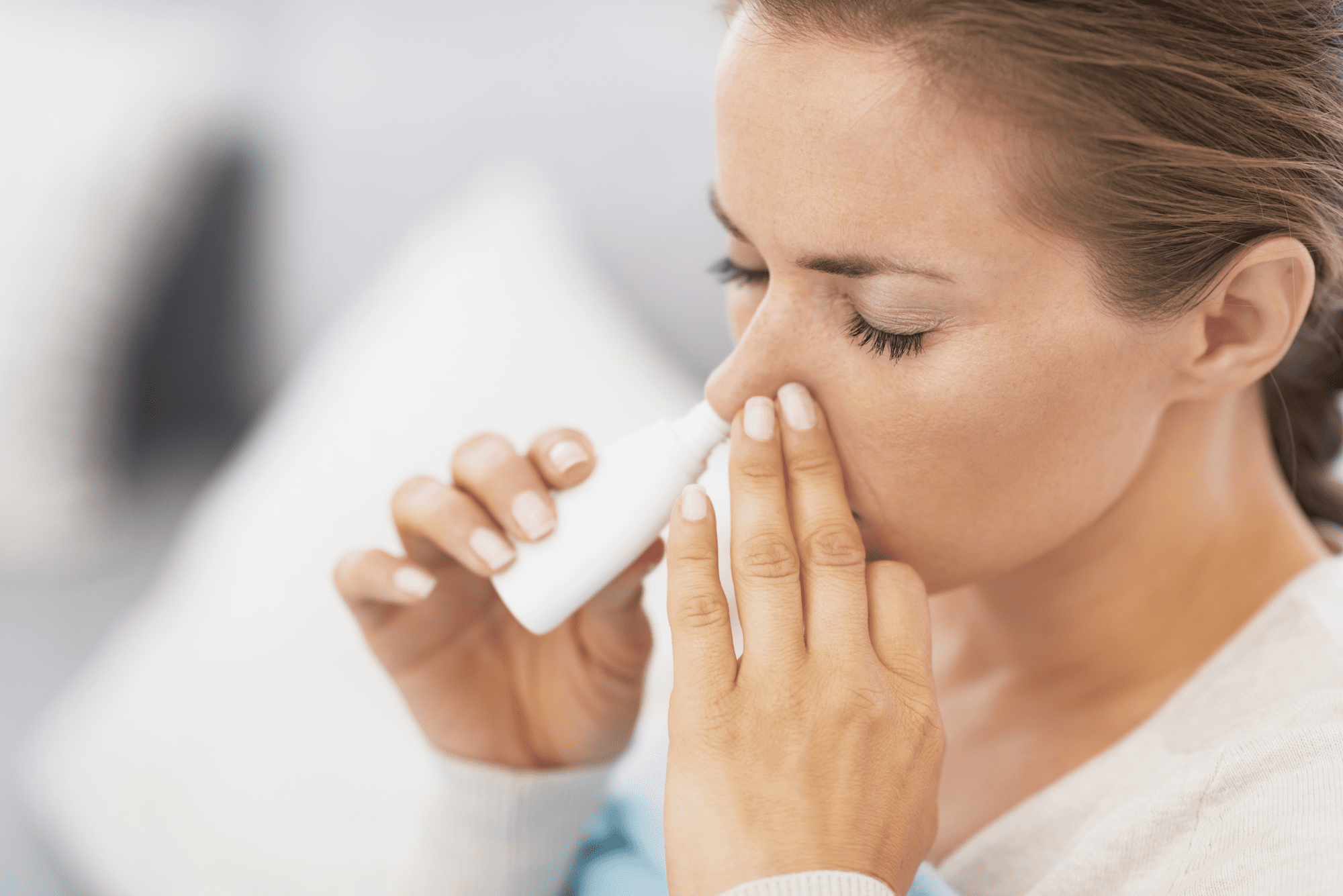We often think of a dichotomy between “book smarts” and “street smarts” — the different perspectives gained from academic learning versus experiencing the hard knocks of life.
As physicians, we begin our careers with an abundance of book smarts. As we age, experiencing illnesses and medical procedures ourselves, we also acquire street smarts.
A physician with both book and street smarts is more empathetic to his patients. He has a more nuanced view of the small details that can sometimes be game-changing.
In keeping with our mission to promote better health through comprehensive preventative healthcare, I’d like to share some of the colonoscopy prep hacks I’ve learned from the two colonoscopies I’ve undergone.
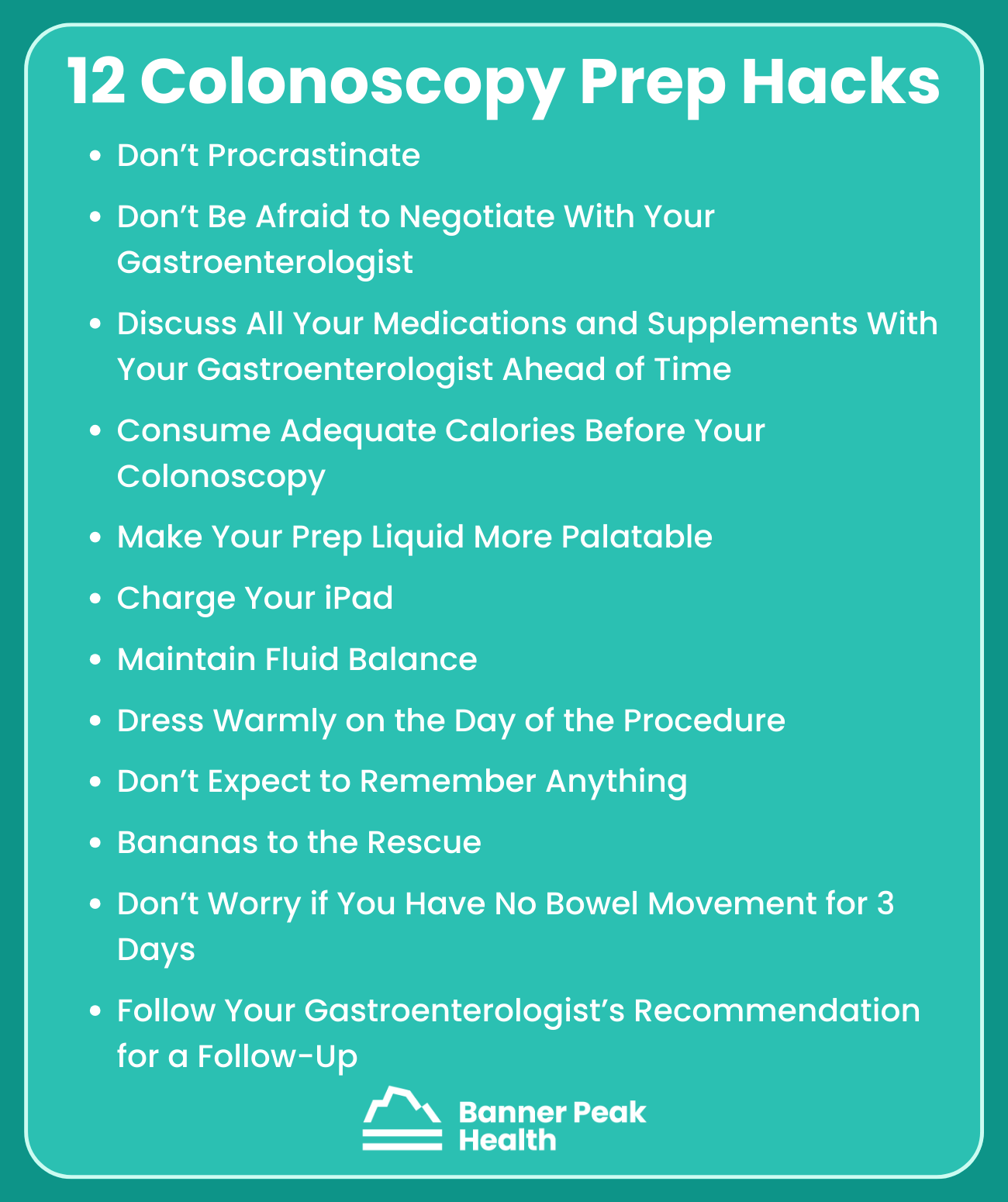
12 Colonoscopy Prep Hacks
Colorectal cancer is the third-leading cause of cancer deaths in the United States. The American Cancer Society estimates that over 50,000 Americans will die from colorectal cancer in 2023 alone. Regular screening tests for colorectal cancer are essential, and several screening methods are available.
Screening modalities for colorectal cancer range from submitting a small amount of a bowel movement for analysis, to a colonoscopy with a fiber optic scope, which inspects the entire length of your colon. Today, I’ll discuss the latter.
Some of these colonoscopy prep hacks I learned the hard way, some with the help of friends, but I’ve found all of them helpful.
Hack #1: Don’t Procrastinate
Get your screening when your physician advises it. My doctor told me to get my first colonoscopy at age 50, but I dragged my heels until age 51.
Please do as I say, not as I did. At that time, the recommended age for an initial screening was 50. However, we’ve seen a rising prevalence of colon cancer in people under 50, so the recommended age to begin screening is now 45.
I should’ve followed my physician’s directions, and that’s my advice for you. Don’t wait.
Hack #2: Don’t Be Afraid to Negotiate With Your Gastroenterologist
Colonoscopy prep has come a long way from receiving a gallon or two of foul-tasting liquid to drink. Now, there are pills and liquid concentrates. I recently used Plenvu, which is a 16-ounce concentrated liquid you dilute with a quart of water and drink.
Discuss with your doctor which kind of prep would work best for you.
Hack #3: Discuss All Your Medications and Supplements With Your Gastroenterologist Ahead of Time
Some medications, such as aspirin and Motrin, act like blood thinners and need to be withheld before the procedure. If not, you’ll have to delay and reschedule your colonoscopy, and all that prep will have been for nothing.
Hack #4: Consume Adequate Calories Before Your Colonoscopy
During your prep, you’ll be on a clear liquid diet. Most people stick to bouillon broth, but it has very few calories and exacerbates the physical weakness the preparation causes.
I suggest a high-calorie sports supplement called Hammer Gel, which contains 90 calories per ounce. You can sip this throughout your prep day to get as many calories as needed.
Note: Your gastroenterologist won’t want you to consume any food with red, purple, or pink dye during your prep. Those dyes make it difficult to view the colon’s lining because they distort the colors seen there. However, you can ingest yellow-colored food without causing a problem.
Hack #5: Make Your Prep Liquid More Palatable
Most prep liquid is extraordinarily foul-tasting. Add a flavoring agent like Crystal Light (yellow only) to make it less so.
Also, take advantage of the fact that your body’s neurons are temperature-sensitive. Numb your taste buds by making the prep liquid as cold as possible.
Hack #6: Charge Your iPad
Once you start your prep, don’t expect to leave the bathroom. There’s no point in commuting. So, make sure you charge your tablet ahead of time so you’ve got something to do while the prep does its job.
Hack #7: Maintain Fluid Balance
Don’t get so distracted by the fluid leaving your body that you forget to have fluid enter your body. Balancing fluid intake is essential.
Hack #8: Dress Warmly on the Day of the Procedure
Dehydration makes you intolerant to the cold. Expect to feel chilly on the day of your procedure. Wear a sweater or jacket.
Hack #9: Don’t Expect to Remember Anything
When you wake up from anesthesia, your gastroenterologist will tell you the preliminary results of your procedure. However, the anesthetic will not have worn off completely, leaving you amnestic (forgetful). Don’t expect to remember what your gastroenterologist says.
This is also why you can’t drive yourself home on the day of your procedure.
Hack #10: Bananas to the Rescue
This is one of the easiest colonoscopy prep hacks. In addition to dehydration from fluid loss, you’ll also lose significant amounts of potassium during your prep.
Bananas are one of the best natural sources of potassium. Try to eat between two to four bananas throughout the day after your colonoscopy. Bananas also slow down bowel transit time, so if your prep is still doing its job after your procedure, bananas will normalize the situation.
Hack #11: Don’t Worry if You Have No Bowel Movement for 3 Days
If you don’t have a bowel movement for a few days after your colonoscopy, you’re not constipated. The prep completely clears out the GI system, and food can take up to three days to travel from your mouth to the other end. Restarting the assembly line of your digestion can take time.
Hack #12: Follow Your Gastroenterologist’s Recommendation for a Follow-Up
Based on your results, your gastroenterologist may recommend you have a follow-up colonoscopy in one to 10 years. Follow that advice for the best chance of preventing colorectal cancer.
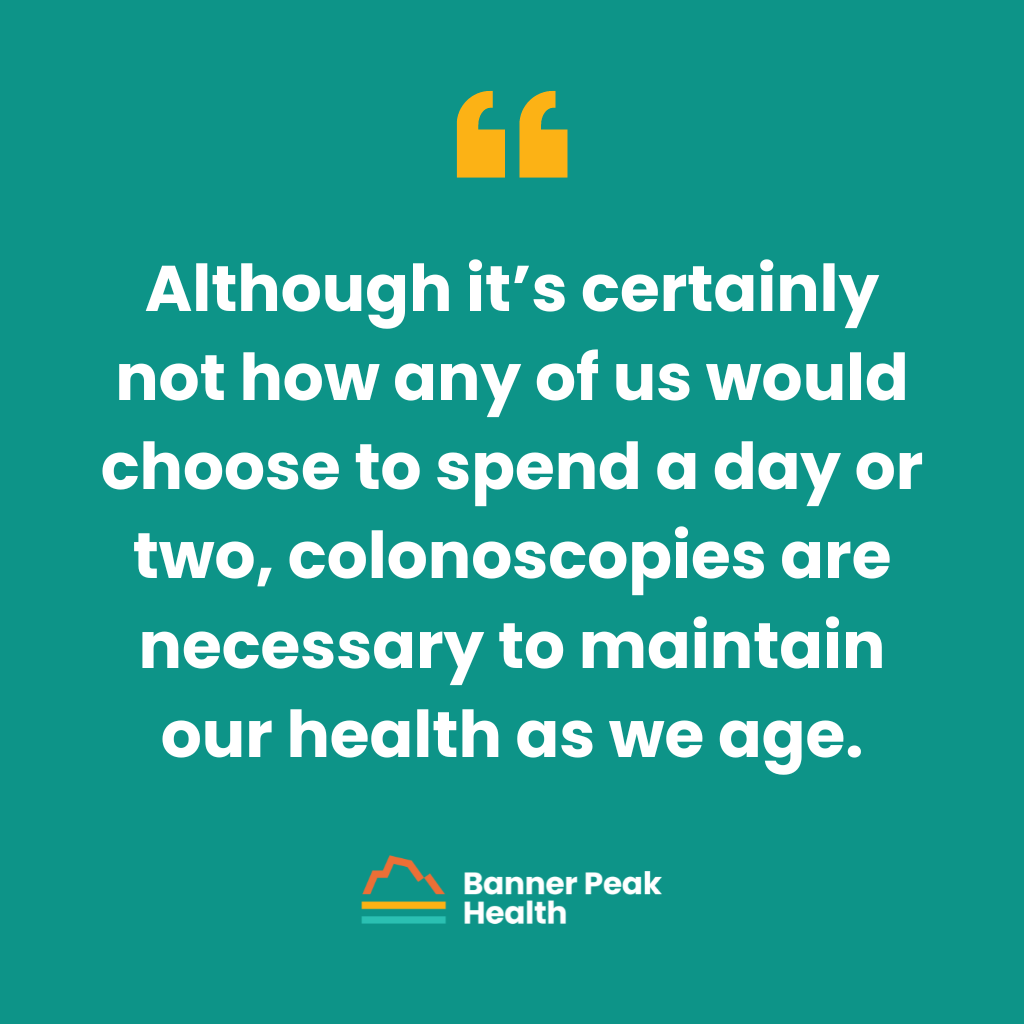
Final Thoughts
Although it’s certainly not how any of us would choose to spend a day or two, colonoscopies are necessary to maintain our health as we age. Hopefully, these colonoscopy prep hacks will help you face your next (or first) colonoscopy with less dread and discomfort.
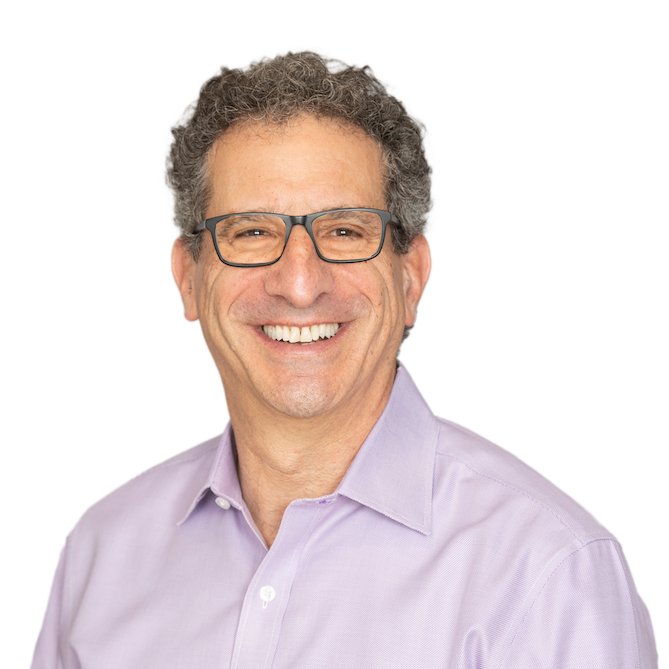
Barry Rotman, MD
For over 30 years in medicine, Dr. Rotman has dedicated himself to excellence. With patients’ health as his top priority, he opened his own concierge medical practice in 2007 to practice medicine in a way that lets him truly serve their best interests.

